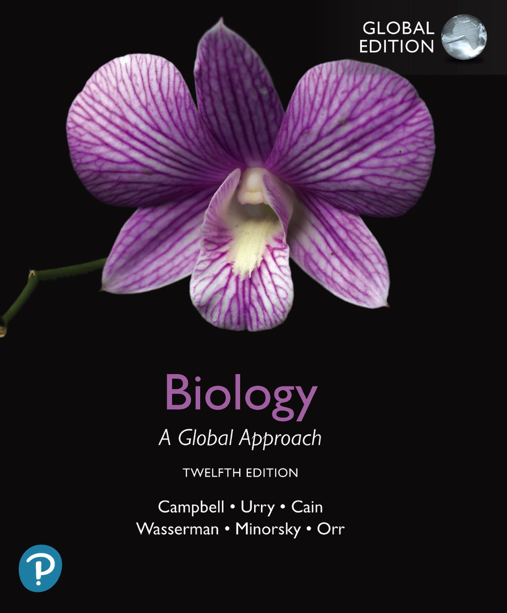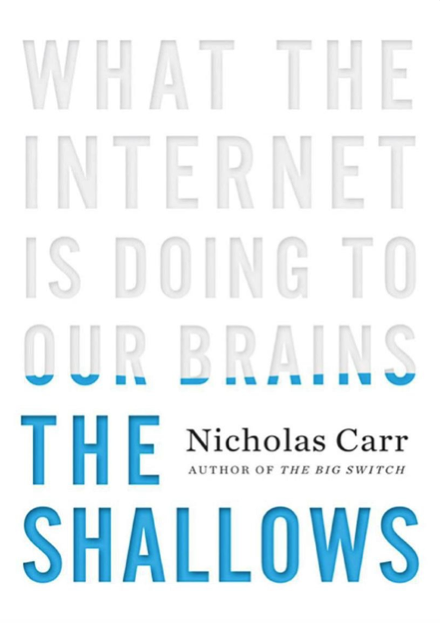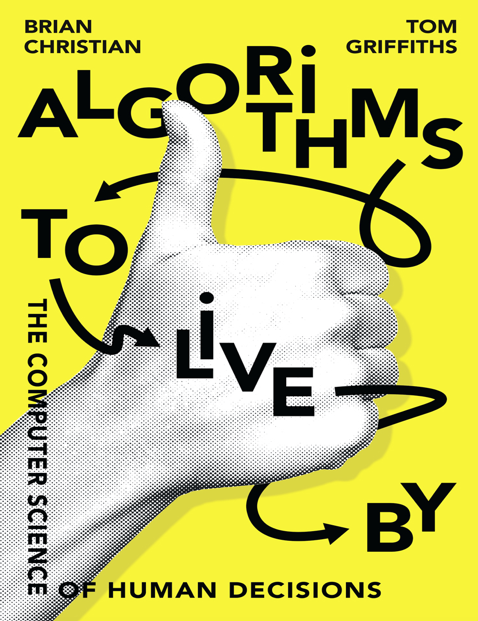Biology: A Global Approach, 12th Global Edition | Neil A. Campbell - Lisa A. Urry - Michael L. Cain - Steven A. Wasserman - Peter V. Minorsky - Rebecca A. Orr
![]()
Neil A. Campbell Lisa A. Urry Michael L. Cain Steven A. Wasserman Peter V. Minorsky Rebecca A. Orr Biology
- درباره کتاب
- بخشی از کتاب
- نظرات
Get a true understanding of the essential concepts in Biology with trusted content that delivers an innovative learning experience.
Biology: A Global Approach, 12th Edition is the latest version of the leading text in the field, with a plethora of innovative features reflecting the most recent developments.
This latest version introduces tools and activities that aim to help you organise a vast amount of information, making complex concepts more accessible and engaging.
With features that encourage you to build your individual and group learning skills, this textbook is the trusted course solution that ensures you get a pedagogical yet enjoyable learning experience.
- Biology and Its Themes
Unit 1 THE ROLE OF CHEMISTRY IN BIOLOGY
- Atoms and Molecules
- The Chemistry of Water
- Carbon: The Basis of Molecular Diversity
- Biological Macromolecules and Lipids
- Energy and Life
Unit 2 Cell Biology
- Cell Structure and Function
- Cell Membranes
- Cellular Signaling
- Cell Respiration
- Photosynthetic Processes
- Mitosis
Unit 3 THE GENETIC BASIS OF LIFE
- Sexual Life Cycles and Meiosis
- Mendelian Genetics
- Linkage and Chromosomes
- Nucleic Acids and Inheritance
- Expression of Genes
- Control of Gene Expression
- DNA Technology
- The Evolution of Genomes
Unit 4 Evolution
- How Evolution Works
- Phylogenetic Reconstruction
- Microevolution
- Species and Speciation
- Macroevolution
Unit 5 THE DIVERSITY OF LIFE
- Introduction to Viruses
- Prokaryotes
- The Origin and Evolution of Eukaryotes
- Nonvascular and Seedless Vascular Plants
- Seed Plants
- Introduction to Fungi
- An Introduction to Animal Diversity
- Invertebrates
- Vertebrates
Unit 6 PLANTS: STRUCTURE AND FUNCTION
- Plant Structure and Growth
- Transport in Vascular Plants
- Plant Nutrition
- Reproduction of Flowering Plants
- Plant Signals and Behavior
Unit 7 ANIMALS: STRUCTURE AND FUNCTION
- The Animal Body
- Chemical Signals in Animals
- Animal Digestive Systems
- Animal Transport Systems
- Animal Excretory Systems
- Animal Reproductive Systems
- Development in Animals
- Animal Defenses Against Infection
- Electrical Signals in Animals
- Neural Regulation in Animals
- Sensation and Movement in Animals
Unit 8 THE ECOLOGY OF LIFE
- An Overview of Ecology
- Behavioral Ecology
- Populations and Life History Traits
- Biodiversity and Communities
- Energy Flow and Chemical Cycling in Ecosystems
- Conservation and Global Ecology
Editorial Reviews
About the Author
Lisa A. Urry
Lisa Urry (Chapter 1 and Units 1, 2, and 3) is Professor of Biology and Chair of the Biology Department at Mills College in Oakland, California, and a Visiting Scholar at the University of California, Berkeley. After graduating from Tufts University with a double major in biology and French, Lisa completed her Ph.D. in molecular and developmental biology at Massachusetts Institute of Technology (MIT) in the MIT/Woods Hole Oceanographic Institution Joint Program. She has published a number of research papers, most of them focused on gene expression during embryonic and larval development in sea urchins. Lisa has taught a variety of courses, from introductory biology to developmental biology and senior seminar. As a part of her mission to increase understanding of evolution, Lisa also teaches a nonmajors course called Evolution for Future Presidents and is on the Teacher Advisory Board for the Understanding Evolution website developed by the University of California Museum of Paleontology. Lisa is also deeply committed to promoting opportunities for women and underrepresented minorities in science.
Michael L. Cain
Michael Cain (Units 4, 5, and 8) is an ecologist and evolutionary biologist who is now writing full-time. Michael earned a joint degree in biology and math at Bowdoin College, an M.Sc. from Brown University, and a Ph.D. in ecology and evolutionary biology from Cornell University. As a faculty member at NEW! Mexico State University and Rose-Hulman Institute of Technology, he taught a wide range of courses, including introductory biology, ecology, evolution, botany, and conservation biology. Michael is the author of dozens of scientific papers on topics that include foraging behavior in insects and plants, long-distance seed dispersal, and speciation in crickets. Michael is also the lead author of an ecology textbook.
Steven A. Wasserman
Steve Wasserman (Unit 7) is Professor of Biology at the University of California, San Diego (UCSD). He earned his A.B. in biology from Harvard University and his Ph.D. in biological sciences from MIT. Through his research on regulatory pathway mechanisms in the fruit fly Drosophila, Steve has contributed to the fields of developmental biology, reproduction, and immunity. As a faculty member at the University of Texas Southwestern Medical Center and UCSD, he has taught genetics, development, and physiology to undergraduate, graduate, and medical students. He currently focuses on teaching introductory biology. He has also served as the research mentor for more than a dozen doctoral students and more than 50 aspiring scientists at the undergraduate and high school levels. Steve has been the recipient of distinguished scholar awards from both the Markey Charitable Trust and the David and Lucille Packard Foundation. In 2007, he received UCSD’s Distinguished Teaching Award for undergraduate teaching.
Peter V. Minorsky
Peter Minorsky (Unit 6) is Professor of Biology at Mercy College in New York, where he teaches introductory biology, evolution, ecology, and botany. He received his A.B. in biology from Vassar College and his Ph.D. in plant physiology from Cornell University. He is also the science writer for the journal Plant Physiology. After a postdoctoral fellowship at the University of Wisconsin at Madison, Peter taught at Kenyon College, Union College, Western Connecticut State University, and Vassar College. His research interests concern how plants sense environmental change. Peter received the 2008 Award for Teaching Excellence at Mercy College.
Neil A. Campbell
Neil Campbell (1946–2004) combined the investigative nature of a research scientist with the soul of an experienced and caring teacher. He earned his M.A. in zoology from the University of California, Los Angeles, and his Ph.D. in plant biology from the University of California, Riverside, where he received the Distinguished Alumnus Award in 2001. Neil published numerous research articles on desert and coastal plants and how the sensitive plant (Mimosa) and other legumes move their leaves. His 30 years of teaching in diverse environments included introductory biology courses at Cornell University, Pomona College, and San Bernardino Valley College, where he received the college’s first Outstanding Professor Award in 1986. He was a visiting scholar in the Department of Botany and Plant Sciences at the University of California, Riverside. Neil was the lead author of Campbell Biology: Concepts & Connections, Campbell Essential Biology, and CAMPBELL BIOLOGY.










هنوز نظری ثبت نشده
اولین نفری باشید که نظر میدهید
ثبت نظر